>> Hello Les,
>> Thank you for connecting with me on LinkedIn!
>>
>> I create ratings for books based on the level of violence, language,
>> and sexual content.
>> What do you think of this idea?
>>
>> Thanks,
>> Aaron
>> To be honest, on the surface I have mixed feelings. As long as it
>> doesn't constitute any form of censorship or political correctness,
>> it's fine with me. If it does touch on either of these things, then
>> it's not...
>>
>> Blue skies,
>> Les
>>
> I've been thinking about that as well.
> A few people have mentioned that ratings can be a form of censorship
> especially when people have to pay for the ratings as opposed to being
> independent.
> I.e. The MPAA forces all movie producers to be rated by them, which
> can produce some undesirable consequences.
>
> Would you mind describing what you would consider to be censorship?
>
> Thank you for your time,
> Aaron
>
> First, I want to commend you for beginning a true dialog and not an
> argument! That's very promising... and civilized! Mucho respect.
>
> It's interesting that you mentioned movies. What I see there are
> these circumstances--since so much money is involved, studios bend
> over backwards to change their films often to fit into the more
> commercial parameters. There are those who view books and movies
> only as entertainments, but just as legitimately, there are artists
> who view them as beyond entertainment and at least somewhat
> messages, etc. When an artist is compelled by a studio or a
> publisher to alter their content, then it seems clear that
> censorship has reared its head. Make sense? That's mostly what I
> fear from a rating system. That publishers begin to pay heed to it
> and then compel their authors to change their product. Like a lot of
> concepts, there is often a good thought at the heart or beginning of
> it, and then it gets corrupted to appease either a monetary
> consideration or a "reputation" consideration. I think that's what
> makes me at least a bit leery. Fair?
>
> I am absolutely against any form of censorship and violently against
> the principle of political correctness that I personally feel is
> eroding our personal freedoms rapidly.
>
> Thanks so much for the opportunity to offer my opinion.
>
> Blue skies,
> Les
>
Thank you for that level of detail!
Your definition of censorship seems to be a bit different from the one
I've been using, so it's great to see how you're looking at this.
or exerting such social pressure on people who express uncomfortable
opinions that they do not feel free or are not free to express their
views. I've been rather troubled by the suppression of free speech in
our country. Some opinions are celebrated, while the opposite opinions
are now socially and sometimes even legally punished.
book because they don't like the content.
publish a film or book because they know people won't buy it. Most
publishers are corporations, not charities. So we can't expect them to
publish something people won't buy.
Aaron
Les


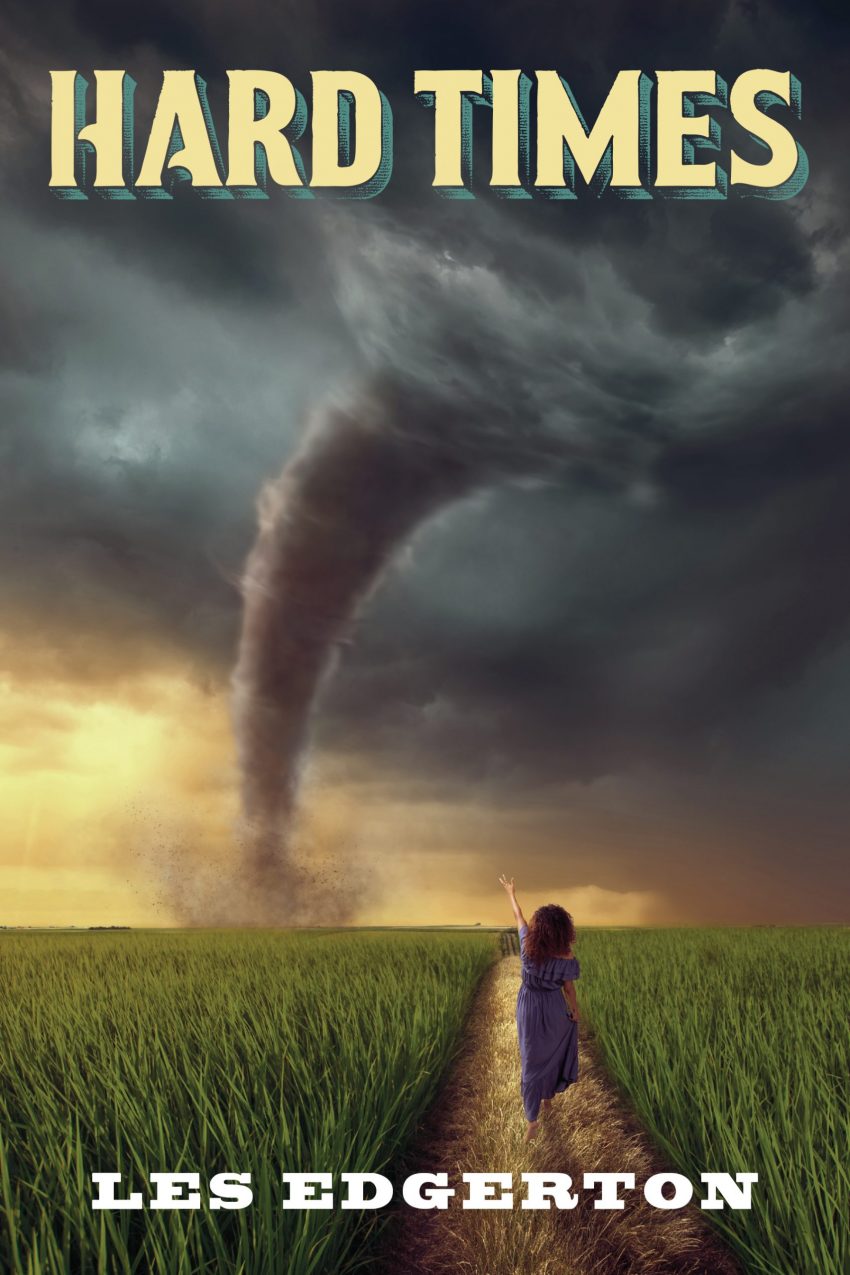
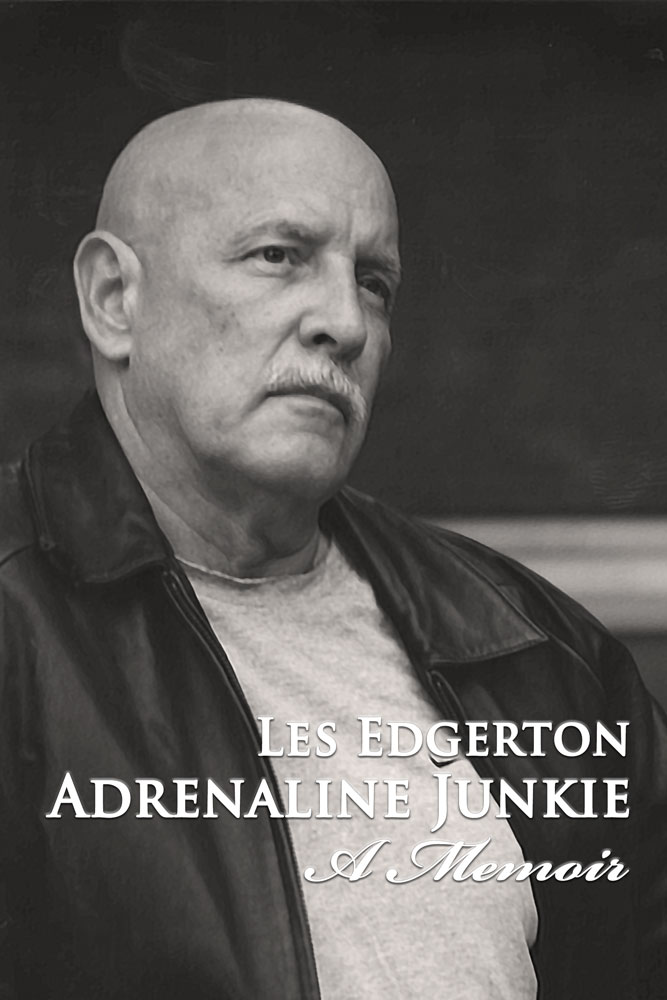
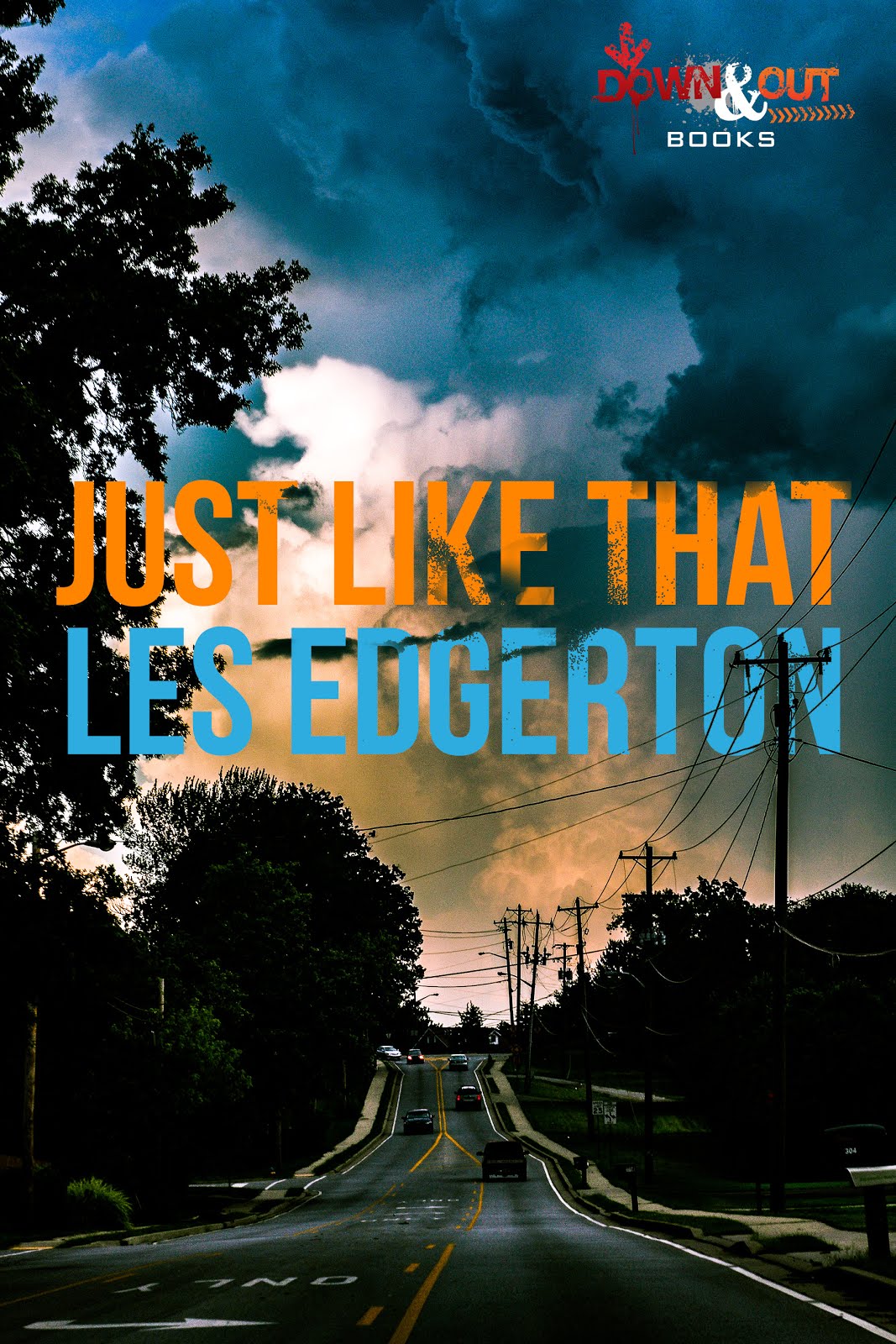

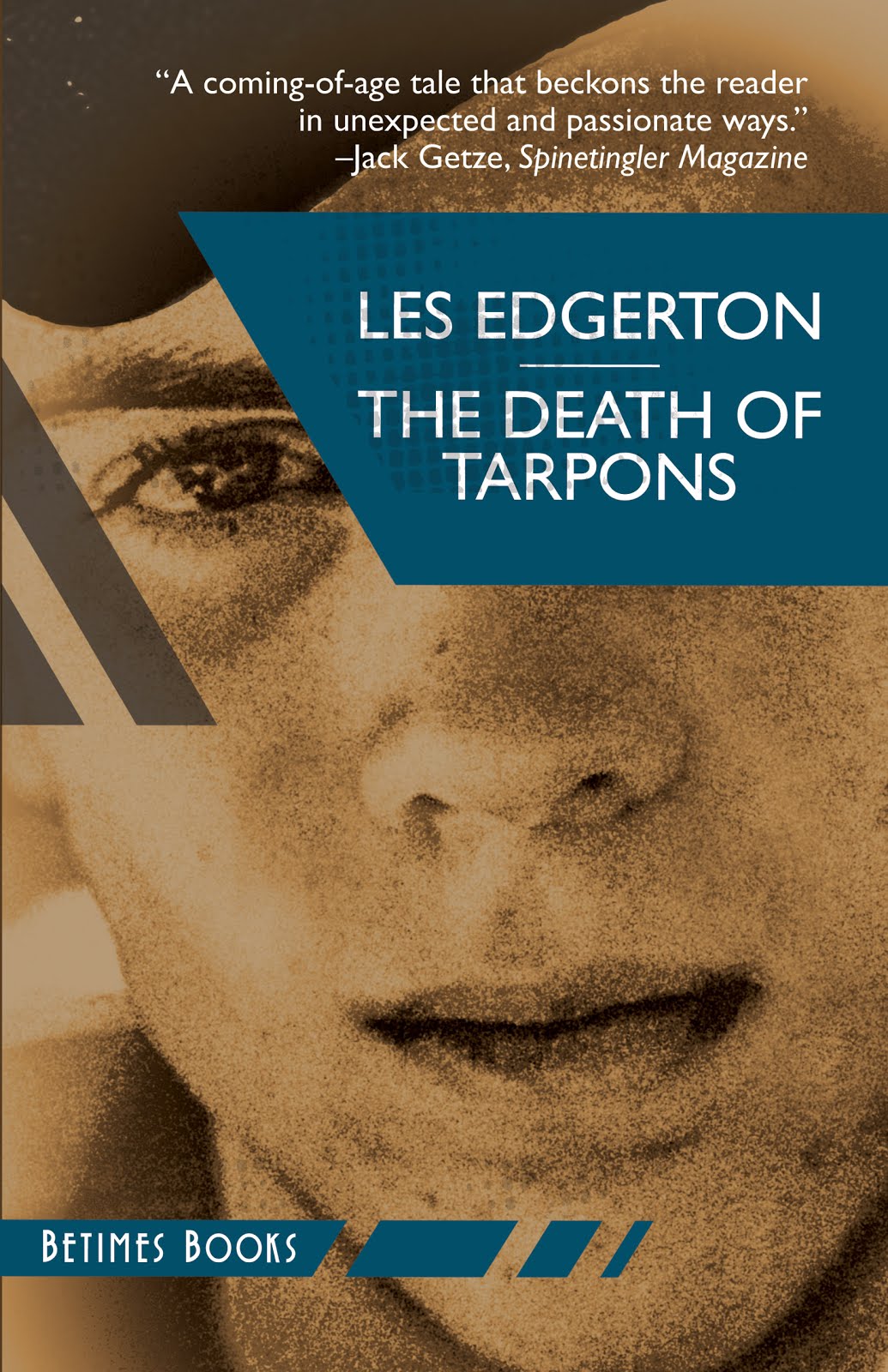

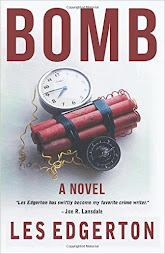
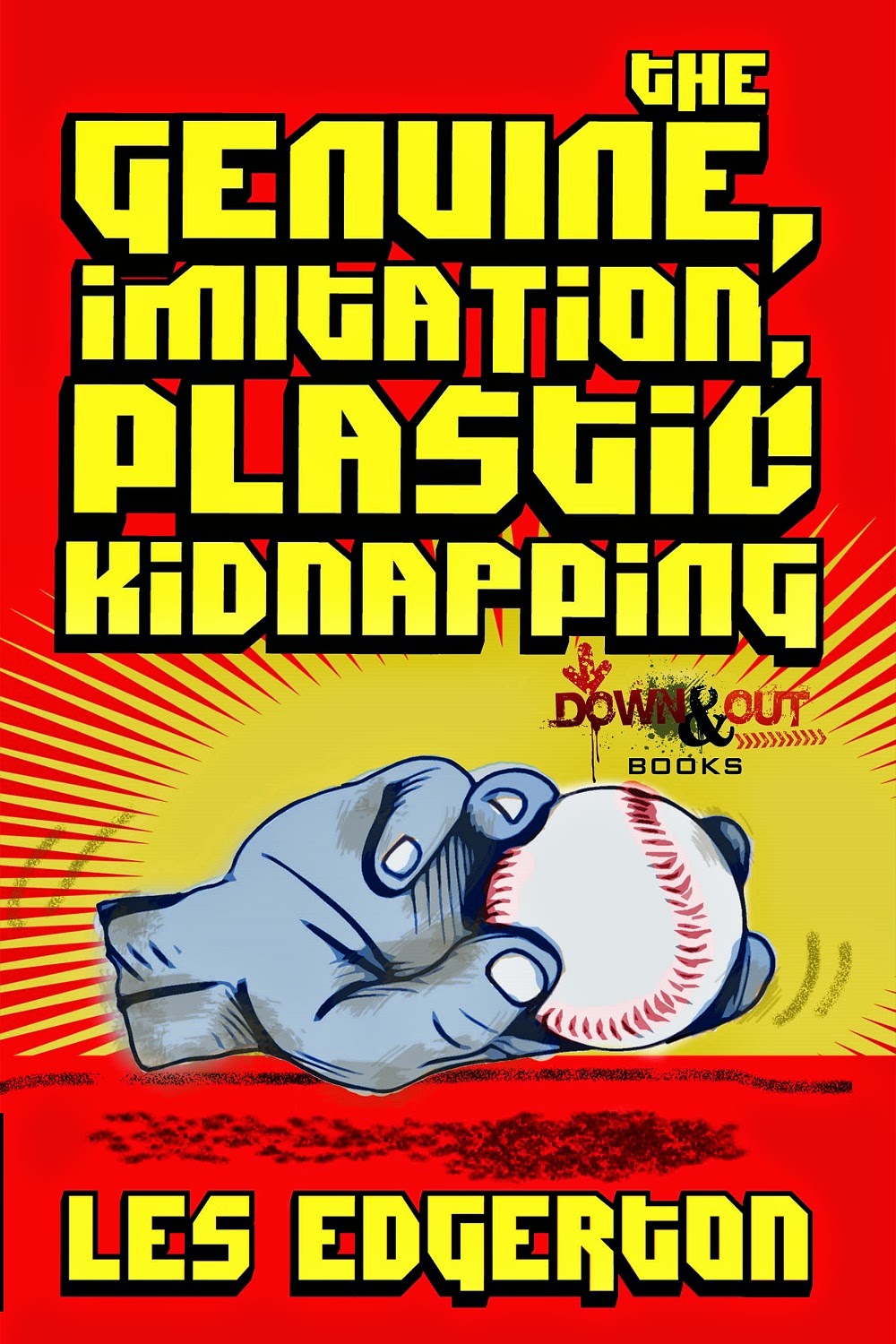

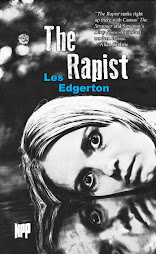
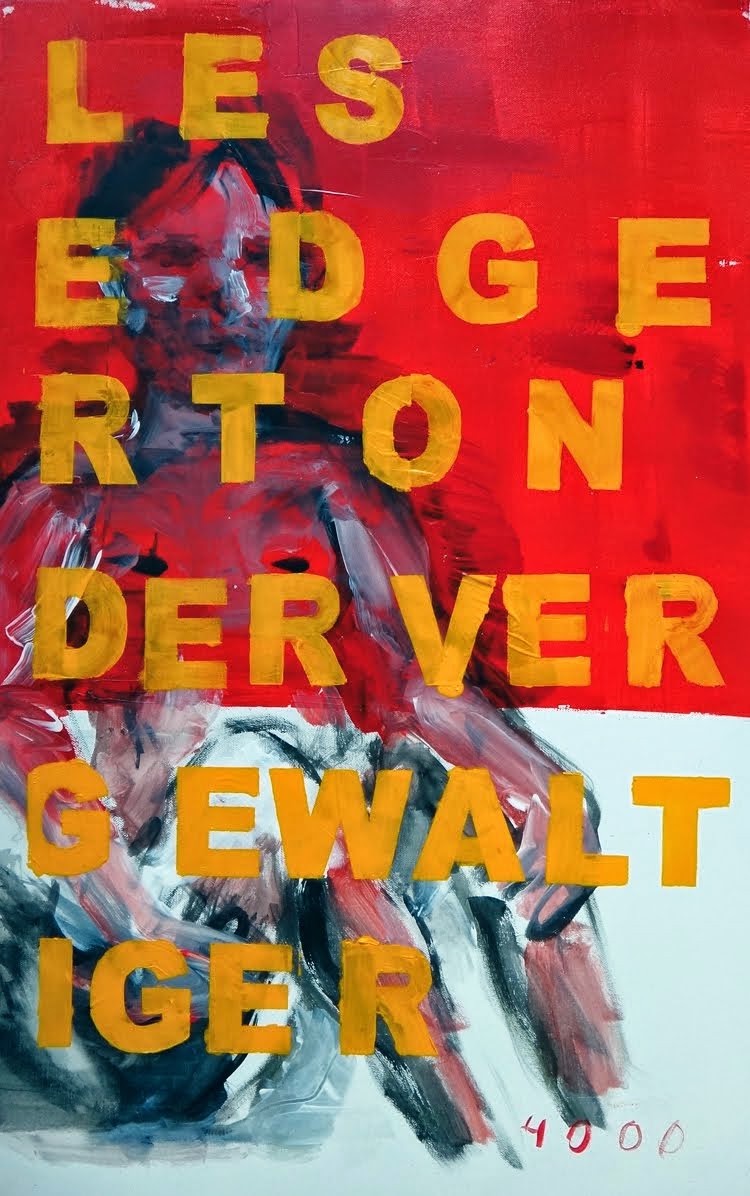
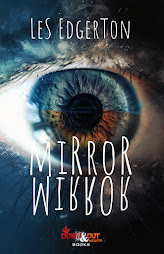
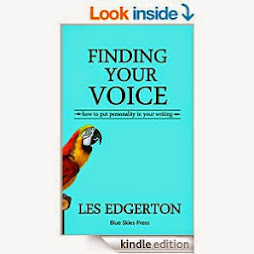
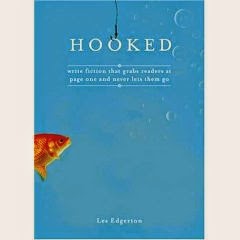

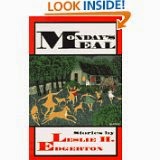
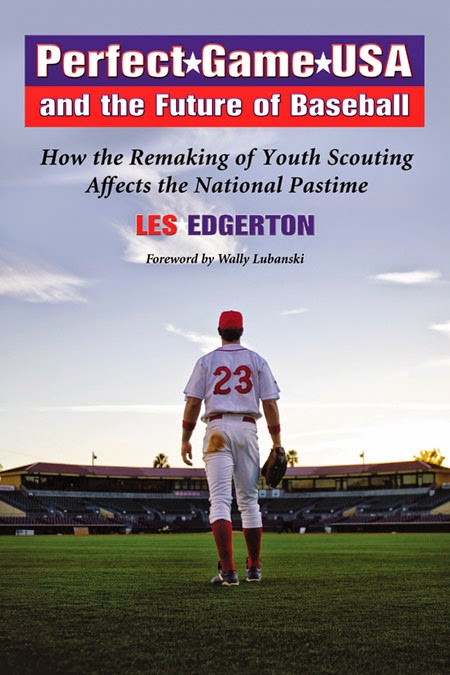
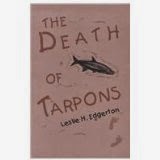

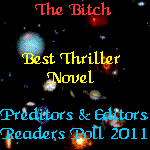
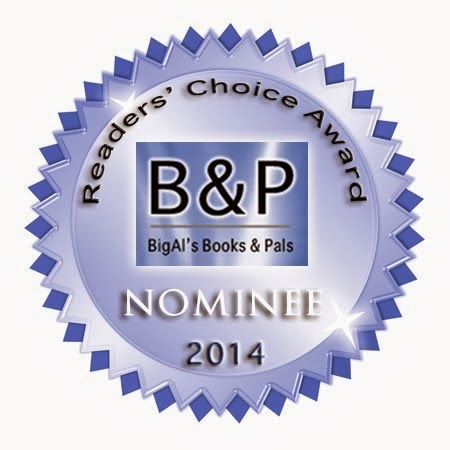




5 comments:
"Fifty Shades of Gray" had little to do with the color wheel. I suppose the newspaper that blocked the word "bitch" would have had no problem with that title. Could have even posted the review in the church bulletin.
Seems many organizations have head up dark place these days.
Thanks, JoAnn--you're very right. Since the sixties, we've slid down a really steep slope to losing our freedoms. Hate to be the old guy who chases kids off his lawn, bu the old days were better in many ways. Living through history gives a bit different perspective than reading about it in sanitized history books...
Thanks for posting this. It was nice to see two sides of a discussion that did not devolve into name calling.
I'm of two minds here. While I abhor censorship in any form, i also would rather Grandma didn't buy one of my books than be offended by the language. I'm actually considering placing a notice on my self-published books to the effect of: Contains strong language. That said, a formal rating system would lead to what you suggested, with publishers insisting books meet the rating standard they think will best balance sensitivities and titillation.
Considering the pros and cons, and knowing how once we start to restrict things in this country it too often goes too far, I'd say no ratings. I'm often surprised how often the same people who are for censorship are also for a "free-market"economy. Leave it all in the open. Let the market sort it out.
The social pressure aspect bothers me because I see writers censoring themselves in the effort to be publishable. This is especially true in the younger markets as the libraries and school districts are more prone to "censor" by not placing a book on shelves if there is a true or honest representation of the lives young people live. For instance, sex, drug or alcohol use, or bad language. I taught in junior high and high school for 18 years and trust me even the most conservatively raised kid experiences all of the above. They do not want to read about a fifties homogenized reality. When we start to censor ourselves in that manner, we've caved to the outside forces, giving censorship authentication.
Dana and Dawn--there must be wisdom assigned to people whose names begin with "D." That would explain a lot. Thanks so much for your comments.
Post a Comment